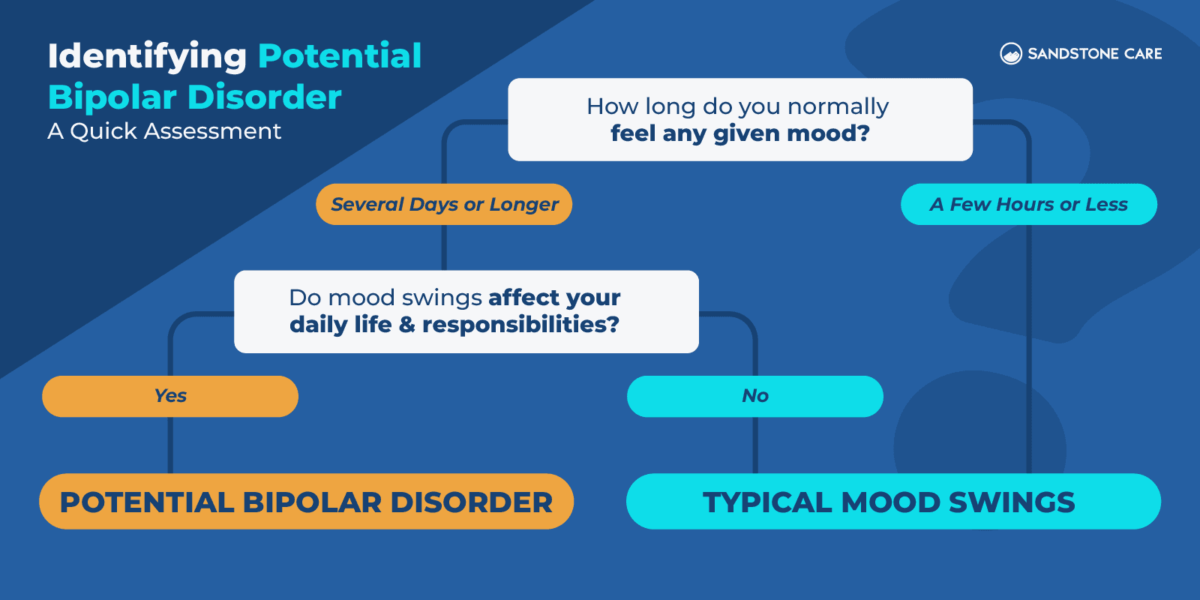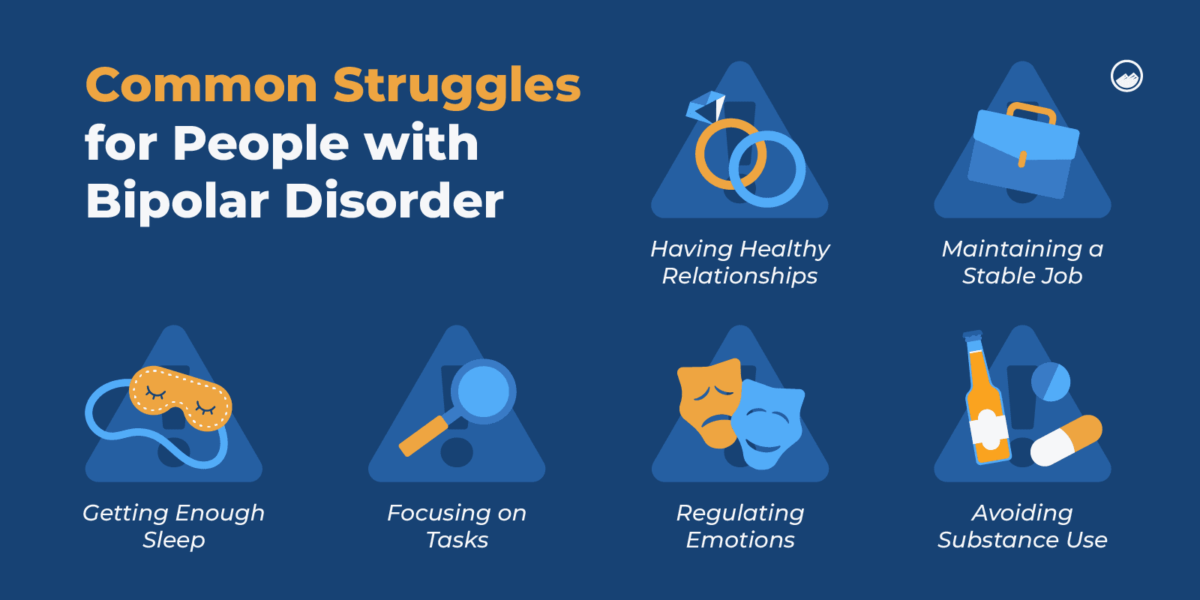“Right now I can endure anything thrown at me, only to say I exist. I am sitting on a pillar alone, I exist. I’m dragged by the waves, and pummelled against the rocks, I exist. With a falchion bored, I am flayed, and on the rack condemned, I exist.” Kilwa said slowly, staring across the ridge to the valley floor.
It was the first time I went out with my cousin after nine months in the wellness center. An acclaimed visual artist, with the gift to paint and bring the morbid depths of hell alive on canvas, Kilwa was destined to become a generational marvel. That was before the two attempted suicides after bouts of hyperactivity where he worked on a vast number of projects. Like a squirrel biting an apple and discarding one after the other, so were the canvases on which he painted his thoughts.
Kilwa’s episodes of manic activities, ranting on end, and at times too irritable to boot were mostly blamed on his love for the bottle. The old men of the family tried to subdue his rebellious nature but instead, Kilwa only became more impulsive. It was not until an intervention from a church elder and counselor, who asked Kilwa to visit their wellness center that we got to learn that my cousin had a mental illness called Bipolar Disorder.

“The clouds on the horizon are as forbidding as a waking nightmare, punctuated with flashes of lightning, and so are my thoughts. But I understand now, that reining them in is a lifetime task I’m committed to, however much I hate the medications. I enjoy the conversations with my counselor though, she’s a darling with a gift to massage the roughest storms in my mind.” He added with a soft chuckle.
Initially, nobody wanted much to do with Kilwa, but now that we understand his condition there is a collective effort to help him cope with the disorder. Stigmatization of mental illness is a problem in our community, mostly compounded by a lack of understanding of the conditions and the associated contributing factors. Bipolar disorders are mental health conditions characterized by periodic, intense emotional states affecting a person’s mood, energy, and ability to function.
These mood episodes which may usually last from days to weeks are categorized as manic/hypomanic episodes when the predominant mood is intensely happy or irritable, or depressive episodes, when there is an intensely sad mood or the ability to experience joy or pleasure disappears. People with bipolar disorder generally have periods of neutral mood as well.
Moreover, there are three types of the disorder namely, Bipolar I, which is associated with extreme, long-lasting highs (mania) as well as depressive episodes. It may also include psychosis (difficulty knowing what is real or not). Bipolar II which is associated with highs that are less extreme (hypomania) that only last or a few hours or days, as well as depressive episodes. Additionally, it will also include periods of normal mood. Finally, there is the cyclothymic disorder which is a milder form of bipolar disorder involving many “mood swings,” with hypomania and depressive symptoms that occur frequently. People with cyclothymia experience emotional ups and downs but with less severe symptoms than bipolar I or II disorder.
Currently, the exact cause of bipolar disorder is not established. However, physical, environmental and social factors (including mental stress) can make someone more likely to develop the condition. Likewise, genetics also plays a role. Research shows that genetics significantly influences bipolar disorder in 80% of cases. If one parent has the condition, there is a 10% chance their child will develop it too. This likelihood increases to 40% if both parents are affected by bipolar disorder.
Bipolar disorder may also arise when your body has difficulty producing and breaking down certain brain chemicals, including neurotransmitters like adrenaline, dopamine, acetylcholine, serotonin, and GABA (gamma-aminobutyric acid), as well as various hormones.
In the case of Kilwa, it was established mental stress associated with many commissioned projects and pressure from the high expectations to deliver. The family conflicts did not help matters as they triggered these episodes and his reliance on alcohol as a coping mechanism only exacerbated the issue.
Similarly, for individuals susceptible to bipolar disorder, a stressful situation or experience can trigger a manic or depressive episode. This could involve childhood physical, sexual, or emotional abuse, family conflict, or other major life-altering events. Additionally, the misuse of certain substances, such as recreational drugs, is also associated with bipolar disorder.
Antidepressants are deemed safe for treating bipolar depression, but their use requires careful supervision by a psychiatrist. This is because individuals with bipolar disorder may have an increased risk of experiencing manic episodes while on these medications.
Most individuals with bipolar disorder are initially prescribed medications to stabilize their mood, with doctors selecting and adjusting these medicines based on the person’s specific needs. These medications often include mood stabilizers and antipsychotics. If medications prove ineffective, psychiatrists may recommend electroconvulsive therapy (ECT).

The aim of ongoing treatment is to prevent relapse, build resilience, and enhance quality of life, potentially involving a combination of antidepressants (used short-term with a mood stabilizer), long-term mood stabilizers like lithium, anticonvulsants such as valproate, carbamazepine, and lamotrigine, and antipsychotics like olanzapine, aripiprazole, quetiapine, and risperidone.
Adhering strictly to prescribed medications and communicating any side effects to your doctor is crucial for effective management. Alongside medication, psychological therapies, including psychotherapy, cognitive behavioural therapy (CBT), and counselling, are beneficial. These therapies help reduce relapse risk, improve quality of life, and teach strategies to handle stressors that may trigger episodes.
There is no certain way to prevent the onset of bipolar disorder, but many individuals manage it effectively with appropriate treatment and support. A comprehensive approach might involve medication, therapy, and self-help strategies. For those with a family history of bipolar disorder, recognizing early warning signs is crucial, and friends and family need to be aware of them as well. Like in Kilwa’s case, the church elder’s ability to identify the symptoms played a crucial role in getting him help and illuminating the family.
Avoiding substances that can trigger manic or hypomanic episodes, such as recreational drugs like cocaine, ecstasy, and amphetamines, as well as excessive caffeine, is essential. Additionally, preventing relapses or episodes can be supported by learning to manage stress and ensuring adequate sleep.
If untreated, bipolar disorder can result in longer and more intense mood swings, with depressive episodes potentially lasting up to 12 months and manic episodes up to 6 months. Individuals with bipolar disorder also face an increased risk of substance abuse (alcohol or drugs), anxiety, cardiovascular conditions, diabetes, unhealthy weight, and suicidal thoughts. Managing these issues may be necessary alongside treating bipolar disorder. However, with appropriate treatment and support, most people with bipolar disorder can lead productive and fulfilling lives.
















